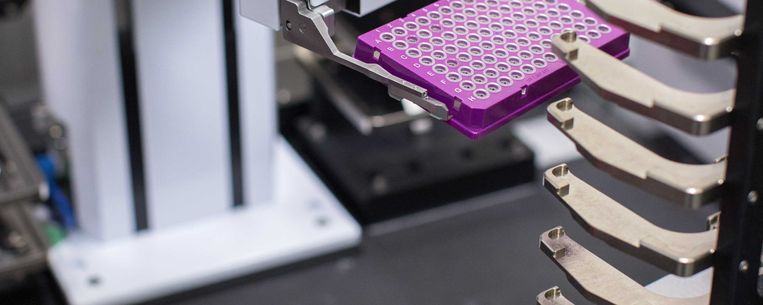The AI-4-EB Consortium was created with £1.5m funding from the UKRI - BBSRC award BB/W013770/1 to increase capability for predictive design and optimisation of engineered biosystems across different EB scales.
The transition award has allowed the consortium to develop technologies to understand how AI and ML can help engineering biology efforts. In particular, we have work in a variety of projects that have mainly focused on the study and development of models for microorganisms.
One of the most promising applications of engineered microbies is food. Microorganisms can be used as a source of nutrients or as a cell factory to produce food ingredients (such as proteins, vitamins, etc) - Nature Communications paper.
The AI-4-EB transition award has developed AI-based tools that allow us to build better microbial hosts for ingredient production () and enabled the study of commonly used microbies in food fermentation, such as S. cerevisiae, at the single cell level (). It has also developed new ML approaches for graph learning using large-scale transcriptomic datasets to optimise engineered promoters in (Exemplar Project 1 - PI Guy-Bart Stan).
We believe that this AI-4-EB transition award has developed cutting edge methodologies, tools and datasets that can be used and expanded to the manufacturing of foods in a more sustainable, resiliant manner and can help the creation of a needed academic ecosystem aimed to disrupt our currently flawed food systems.

Contact us

For more information about the
AI-4-EB Consortium, contact
Dr Gifty Tetteh
Research Consortium Manager
Department of Bioengineering
Imperial College London
